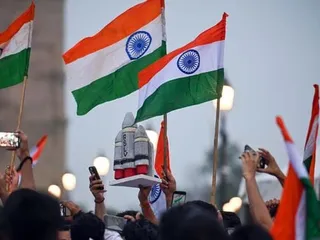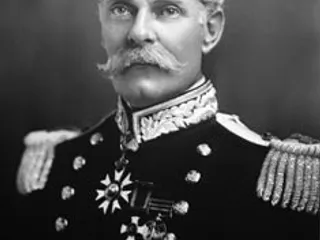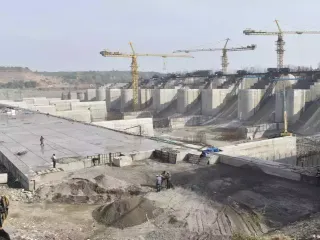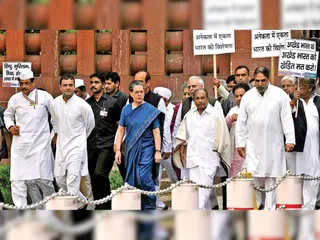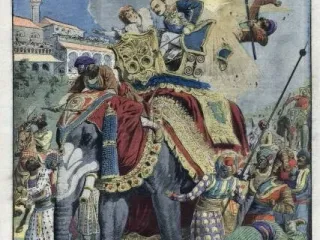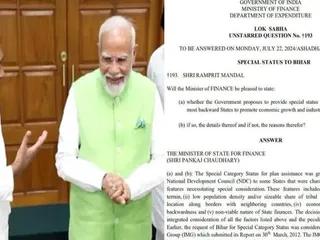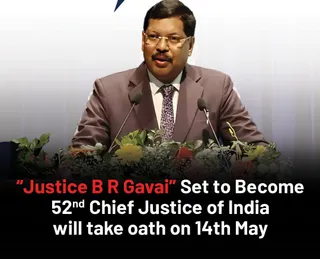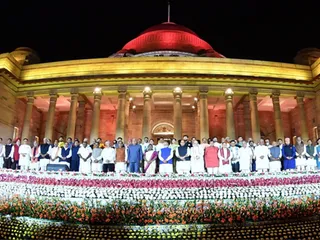Sardar Vallabhbhai Patel, revered as the "Iron Man of India," stands as a towering figure in the nation's history. His unwavering resolve, political acumen, and administrative skills played a pivotal role in shaping independent India. Born on 31 October 1875, in Nadiad, Gujarat, Patel's journey from a humble farmer's son to a key architect of modern India is a testament to his strength of character and dedication.
Early Life and Legal Career
Patel's early life was marked by hard work and determination. After overcoming initial financial constraints, he excelled in his studies and became a successful lawyer in Godhra and later in Bombay. His legal practice provided him with a platform to engage in public life and understand the socio-political dynamics of his time.
The Indian National Congress and the Freedom Struggle
Patel's entry into the Indian National Congress marked a turning point in his life and in the nation's struggle for independence. Though initially a follower of Mahatma Gandhi's philosophy of non-violent resistance, Patel was known for his strong-willed and pragmatic approach. He effectively organized and mobilized the peasantry, leading numerous movements against the British Raj. His leadership in the Bardoli Satyagraha (1928) solidified his reputation as a formidable leader capable of uniting diverse groups for a common cause.
Post-Independence: Unification of India
Patel's most significant contribution lies in his instrumental role in integrating the 565 princely states into the newly formed Republic of India. This monumental task, achieved through skillful diplomacy and, when necessary, firm action, prevented the fragmentation of the nation. His ability to persuade the rulers of these princely states to accede to India demonstrated his unparalleled negotiation skills and strategic thinking. The sheer magnitude of this accomplishment cemented his place as a crucial figure in the nation-building process.
Legacy and Impact
Sardar Vallabhbhai Patel's legacy extends beyond the mere unification of India. He played a significant role in establishing the administrative framework of the newly independent nation. His emphasis on efficiency and order laid the foundation for a stable and effective governance structure. He championed the cause of farmers and rural development, demonstrating his enduring commitment to the welfare of the common people. His dedication to national unity and integrity continues to inspire generations of Indians.
The Sardar Sarovar Dam, one of India's largest dams, a testament to his commitment to infrastructure development and water resource management, stands as a lasting tribute to his vision.
Sardar Vallabhbhai Patel's life and work remain an inspiration, reminding us of the importance of strong leadership, national unity, and unwavering commitment to a nation's progress. His contributions to India's independence and integration continue to resonate deeply within the nation's identity.







